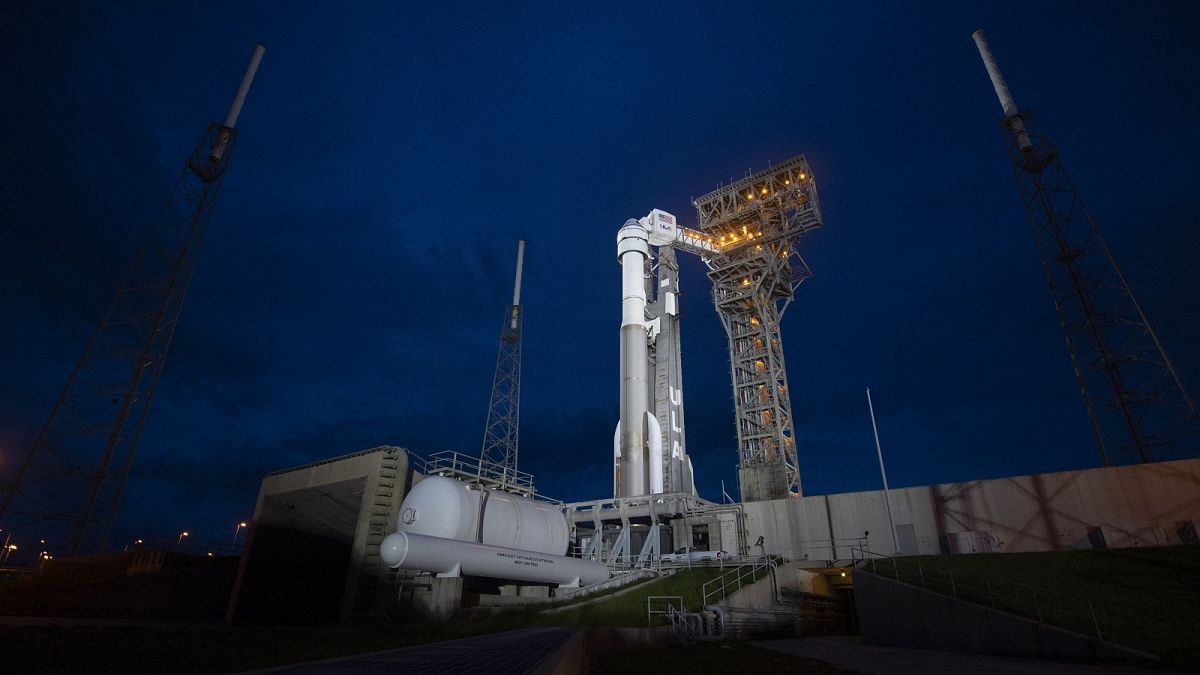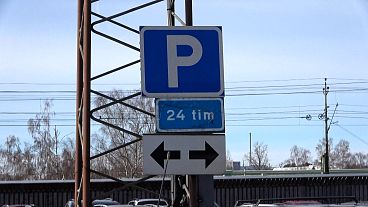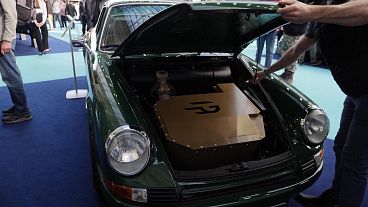The launch of Boeing's crew capsule is facing more delays following a disastrous attempt in 2019 and now this latest cancellation.
The Boeing Co postponed the planned launch on Tuesday of its CST-100 Starliner capsule from Florida's Cape Canaveral bound for the International Space Station for a second time.
The planned flight was seen as a crucial test following a near-catastrophic failure during its 2019 debut.
"We're confirming today's #Starliner Orbital Flight Test-2 launch is scrubbed," Boeing said on Twitter.
A Boeing spokesperson did not immediately respond to a request for further comment.
The Starliner capsule loaded with supplies was scheduled to blast off atop an Atlas V rocket flown by the United Launch Alliance, a partnership of Boeing and Lockheed Martin Corp, at 1.20 pm EDT (18.20 CET) from Space Launch Complex-41 at Cape Canaveral Space Force Station.
The launch had been planned for last Friday but was postponed by NASA after the space station was briefly thrown out of control with seven crew members aboard, a mishap caused by the inadvertent reignition of jet thrusters on a newly docked Russian service module.
Russia's space agency blamed a software glitch.
Boeing had said as recently as Monday that Starliner was "powered up" with its "hatch closed" as engineers made final preparations, and that weather conditions were 60 per cent favourable for the new launch date on Tuesday.
Challenge for Boeing to outpace SpaceX
The planned uncrewed mission was intended as a precursor to a closely watched crewed flight potentially to be conducted before the end of the year.
It was to be a key trial for the US aerospace giant after back-to-back crises - a pandemic that crushed demand for new planes and a safety scandal caused by two fatal 737 MAX crashes - that have damaged Boeing's finances and engineering reputation.
Atlas V's dual Aerojet Rocketdyne RL10A-4-2 engines were poised to send Starliner on a 181 km (98 nautical miles) suborbital trajectory before the capsule separates and flies under its own power to the space station in a roughly 24-hour overall journey.
The Starliner capsule headlined Boeing's efforts against billionaire entrepreneur Elon Musk's SpaceX to be the first to return NASA astronauts to the space station from US soil in nearly a decade.
But a series of software glitches during the December 2019 debut launch resulted in its failure to dock at the orbital laboratory outpost.
Rescheduled for December
SpaceX's Crew Dragon has gone on to launch three crewed space station missions since 2020, with a fourth slated as early as October 31, according to NASA.
Boeing has spent a year and a half correcting issues flagged during NASA reviews, part of the US space agency's strategy to ensure access to the sprawling international research satellite some 400 km above Earth.
NASA in 2014 awarded contracts to Boeing and SpaceX to build their own capsules that could fly American astronauts to the space station in an effort to wean the United States off its dependence on Russia's Soyuz vehicles for rides to space following the end of NASA's space shuttle program in 2011.
If all goes well, Boeing will bring the capsule home on August 9, and then attempt the follow-on crewed mission that the company has said will take place no earlier than December.



